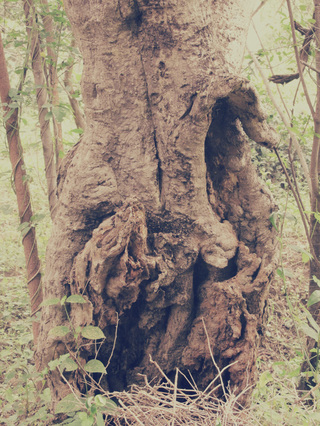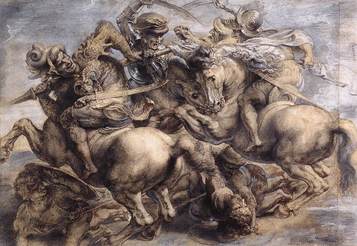Her cry for help is often lost in the noise of cold colours. And by then, you know not if it is life or death she seeks.
Although a storm was brewing within my thoughts, the armies of various voices preparing for the battle that would soon ensue once out of view of the magnificent simplicity of the surrounding forest, one could but not continue sifting through the cluttered chaos within, while floating on the sheet of rippling water in a pond, freshwater, 12 feet deep, 7 snakes within. The drag and fall of the chest aligned stoical with the lurch and fall of the entire content of water within, seemed to resonate not only my mind, but also life in its entirety. Within that lonely pit, empty but for the weight of the water, Thoughts, no matter how hard they tried to batter in, could not permeate the fortress of the enemy it had overlooked. And within that desolate pit, after over 2628000 minutes of restless persistence since the last time, Thoughts lay on the barren nothingness of the battlefield, a white flag reluctantly held up for solace of a few lasting moments. This is pretty much how I believe the battle ensued after the repose within that pit. And that's when things got normal again.
The chaos within the ephemeral flames of the campfire translates into the calm of ebbing time to a distant onlooker. You observe the stillness of world surrounding you, as if time were itself suspended, and simultaneously sense the fire gnawing away those moments of intense awareness every passing flick of the flame. The fascination lasts not in whether the fire grows hungrier towards the sky every time, but with the realisation that the strongest of winds, while succeeding in wavering the path of the flames, could but infinitesimally quiver the foundation of intense white under the glowing orange and black.
But does stability truly warrant greater respect than growth? To the diplomat, both stability and growth may be necessary to make for an effective outcome. To the philosopher, maybe, the deduction that growth feeds stability, requiring both to co-exist, could uphold the theory of universal dualism, confirmation bias ignored. And maybe it is indeed all true to an extent. After all, every balanced solution is ideal. Note: ideal. Practically, seldom do human systems retain their inherent balance. And here lies the innate difference between natural and human systems. So should one go back to the natural ways of our ancestors, to bridge the gap of dualism? Should one even try to minimise the dualistic nature of objects, at least those manifested by humans? Or should we even try to maintain balance in world around us in the first place? If not, well then, I ask of you to tell me if stability is more imperative than growth. It's funny how we (bloggers) (a wand swirl please) all know exactly what we want put up on our blog and how, although it can't be inherent to us, no.
It'd be fascinating to imagine, which of course I am right now, imagining, a neanderthal exploring the metallic existence of a laptop combined with the virtual one of the internet. His actions, as he first measures his possible adversary at a distance, then proceeds step by step to touch it, reassured by it's immobility, turning it round and about, applying all his knowledge of life around him to a machine such as this and finally clenching out the lid from the base like the jaws of a defeated predator, would seem more real and logical than the title of my blog. And although we have gained both rationality and imagination, over the course of the past thousands of years, "progressed" so-to-say, the sincerity of that neanderthal's actions could fascinate us all by it's simplistically natural order of instincts and actions. Maybe there is a reason why the virtual world is getting larger, and the real people smaller. |


 RSS Feed
RSS Feed